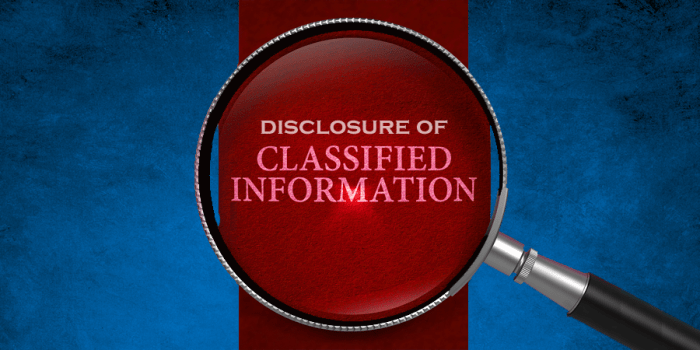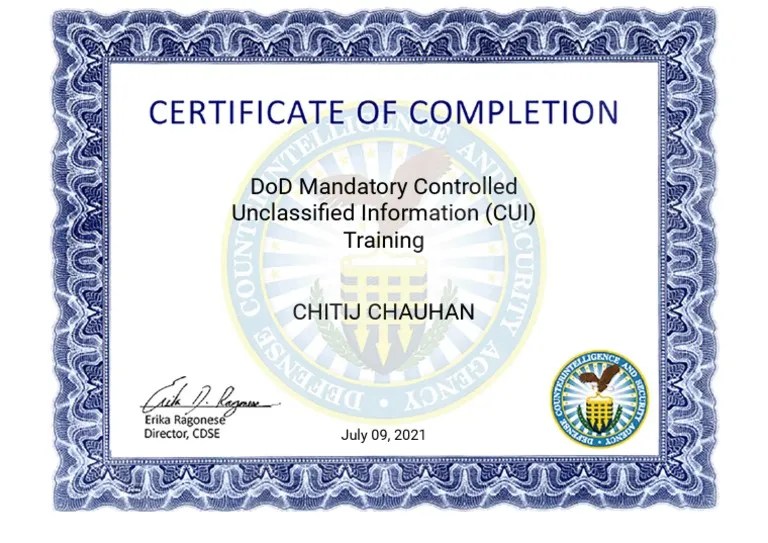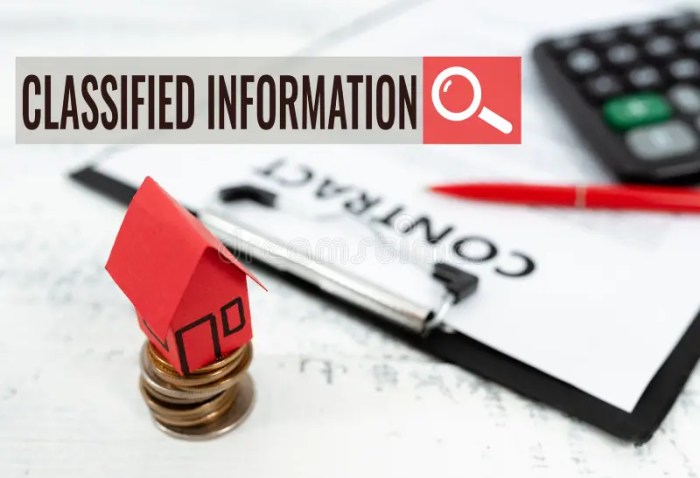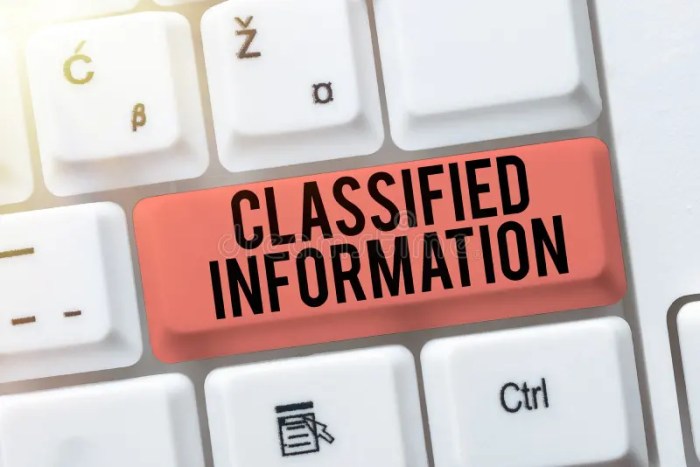Unauthorized disclosure of classified information answers – Unauthorized disclosure of classified information poses a grave threat to national security, with far-reaching implications that can jeopardize sensitive operations and intelligence gathering. This article delves into the significance of classified information, the potential consequences of its unauthorized release, and the legal and ethical considerations surrounding its handling.
We will explore common methods used to disclose classified information without authorization, examining their vulnerabilities and risks. We will also discuss best practices for prevention and mitigation, including technologies, procedures, and training programs. Case studies and lessons learned from past incidents will provide valuable insights into preventing future unauthorized disclosures.
Overview of Unauthorized Disclosure of Classified Information
Unauthorized disclosure of classified information poses a significant threat to national security, jeopardizing sensitive operations, intelligence gathering, and diplomatic relations. Classified information, as defined by government regulations, encompasses data, documents, or objects containing information related to national defense, foreign relations, or other matters whose unauthorized disclosure could reasonably be expected to cause damage to the nation’s security.
The potential consequences of unauthorized disclosure are far-reaching, ranging from the compromise of military operations and intelligence sources to the disruption of diplomatic relations and the erosion of public trust. Historical cases, such as the 1971 publication of the Pentagon Papers, have demonstrated the profound impact that unauthorized disclosure can have on national security and public discourse.
Legal and Ethical Considerations

Unauthorized disclosure of classified information is subject to a complex web of legal and ethical frameworks. Legal frameworks, such as the Espionage Act of 1917 and the Classified Information Procedures Act of 1980, establish penalties for the unauthorized disclosure of classified information.
Ethical considerations also play a crucial role in safeguarding classified information. Individuals handling classified information have a duty to protect its confidentiality, even if it conflicts with their personal beliefs or interests. This duty arises from the inherent responsibility to safeguard national security and the trust placed in them by the government.
In some cases, conflicts between legal and ethical considerations may arise. For example, an individual may possess classified information that they believe could expose wrongdoing within the government. In such cases, they must carefully weigh the potential legal consequences of unauthorized disclosure against their ethical obligations to protect the public interest.
Methods of Unauthorized Disclosure

Unauthorized disclosure of classified information can occur through various methods, each with its unique vulnerabilities and risks. Common methods include:
- Unauthorized Access:Gaining access to classified information without proper authorization, often through hacking, phishing, or physical theft.
- Insider Leaks:Individuals with authorized access to classified information intentionally or unintentionally disclose it to unauthorized parties.
- Unintentional Disclosure:Accidental release of classified information through insecure communication channels, such as unencrypted emails or public forums.
Real-world incidents involving unauthorized disclosure have occurred in various contexts, including the 2010 Wikileaks release of classified diplomatic cables and the 2013 Edward Snowden leaks of NSA surveillance programs.
Prevention and Mitigation Strategies: Unauthorized Disclosure Of Classified Information Answers

Preventing and mitigating unauthorized disclosure of classified information requires a multi-faceted approach involving best practices, technologies, and awareness programs.
Best practices include implementing robust access control mechanisms, encrypting classified information, and conducting regular security audits. Technologies such as intrusion detection systems, firewalls, and data loss prevention tools can enhance the protection of classified information.
Training and awareness programs are essential for educating individuals handling classified information about their responsibilities and the consequences of unauthorized disclosure. By fostering a culture of security consciousness, organizations can reduce the risk of insider leaks and unintentional disclosure.
Impact on National Security

Unauthorized disclosure of classified information can have a devastating impact on national security. It can compromise sensitive military operations, expose intelligence sources and methods, and disrupt diplomatic relations.
The compromise of military operations can put troops and civilians at risk, undermine strategic planning, and weaken national defense capabilities. The exposure of intelligence sources and methods can render them ineffective, jeopardizing future intelligence gathering efforts.
Unauthorized disclosure can also damage diplomatic relations, eroding trust between nations and hindering cooperation on matters of mutual interest. Historical examples include the 1962 Cuban Missile Crisis, where unauthorized disclosure of classified information exacerbated tensions between the United States and the Soviet Union.
Popular Questions
What is classified information?
Classified information refers to sensitive data that requires protection from unauthorized access or disclosure due to its potential to harm national security or other vital interests.
What are the consequences of unauthorized disclosure?
Unauthorized disclosure can lead to severe consequences, including damage to national security, loss of trust, legal prosecution, and reputational harm.
What are the legal and ethical considerations surrounding classified information?
Handling classified information involves both legal and ethical obligations. Individuals must adhere to laws governing its protection and maintain a high standard of confidentiality and integrity.
What are common methods of unauthorized disclosure?
Unauthorized disclosure can occur through various methods, such as leaks, hacking, insider threats, and espionage.
How can unauthorized disclosure be prevented?
Preventing unauthorized disclosure requires a combination of security measures, including physical security, access controls, encryption, training, and awareness programs.